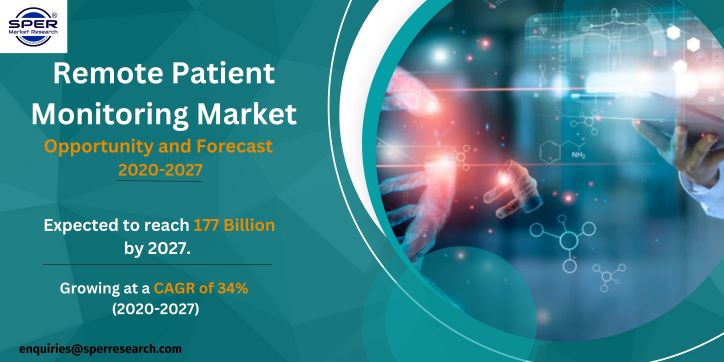What Should You Expect at an Infertility Appointment (for women)?

After making unsuccessful efforts to conceive naturally, you (females) decide to see a fertility specialist at an IVF centre in Bangalore or your locality. Like other medical appointments with a respective doctor, you have some queries related to your first infertility appointment. Here are some points that could be in mind while seeing a fertility expert for the first time:
- Be prepared to provide insurance and medical history details
Bring your insurance information, any pertinent test results or medical history records, and, if possible, your partner to your appointment with a fertility specialist.
- It is a lengthy appointment, so unwind and take a seat
For your initial fertility consultation, allot about an hour of time, give or take 15 minutes. It is crucial that your reproductive endocrinologist gathers as much information as possible about your current circumstance. The length of time you have been trying to get pregnant as well as your sexual history will be discussed with you.
- Know the Law: fertility clinics follow strict protocols
At the front desk, you will be registered once you arrive for your appointment. Your referring OB/GYN and how you learned about the practice may be the subject of some basic questions from the patient services staff member. This is when the fertility specialist will take your co-pay if you have one if you visit them. The fertility clinic may take your photo, scan your finger or palm print, and store those details for security purposes.
- Vital signs will be taken, just like at a regular doctor’s appointment
A clinical assistant will then take your vital signs, weight, height, and ask when your last period was.
- The support of a partner is advised when meeting your reproductive endocrinologist
When you meet with your “fertility specialist” or reproductive endocrinologist, they will inquire about your past medical history. While partners are not required to attend the initial appointment, doing so is highly advised. They will also gather details about your partner’s medical background during this appointment. Your age, way of life, and the length of time you and your partner have been trying to conceive will also be discussed with the doctor.
- Describe your OB/GYN and pregnancy background
Your fertility doctor will go over your gynaecological background and enquire about prior pregnancies. They will inquire as to whether you have ever experienced a successful pregnancy, miscarriages, or sterilisation (such as a tubal ligation or vasectomy).
- Any and all information about pre-existing medical conditions is helpful
In order to determine whether you have any underlying illnesses that might make it difficult for you to become pregnant or to have a healthy pregnancy, your doctor will also review your medical history.
- Having a conversation about your lifestyle and allergies
Then, your doctor will review any surgeries you’ve had and inquire about any current medications, allergies, and whether you regularly smoke, drink alcohol, or use drugs.
- Check your family history for genetic and medical disorders
Your family history and whether or not any family members are carriers for particular genetic disorders will also be discussed with your doctor.
- Preparing for a pelvic exam
To examine the form of your uterus and ovaries, the doctor will next conduct a pelvic examination and a vaginal ultrasound. Many people don’t feel any discomfort at all, though it might cause some minor discomfort for some. Find out more about fertility testing.
- Find out the results of your exam
Your fertility specialist will then inform you of the results of the pelvic exam and address any remaining questions you may have.
- After your fertility appointment, follow-up fertility testing is recommended
The testing you might need to undergo during a follow-up visit will also be discussed by your doctor. You might require additional testing to determine your ovarian reserve. You might also need to have your thyroid function and any STDs you may have checked.
Suggest to Read:- Best IVF Treatment from Highly Skilled Doctors for Successful Results
Your doctor might recommend a hysterosalpingogram (HSG) to check your fallopian tubes. Your doctor can tell if your uterus and fallopian tubes are healthy thanks to an HSG. The doctor might recommend a test called a semen analysis for your husband or male partner to check the sperm count, movement, and shape to see if they are normal.
- Make a note of any last-minute inquiries you may have
You are now prepared for your initial fertility appointment. You will now leave the doctor’s office and be met by the nurse who will take care of you for the duration of your treatment.
In addition to scheduling your bloodwork and an appointment with the finance department so you can learn more about your insurance coverage options, the nurse will also respond to any additional questions you may have.
You can return home once everything is done. When you meet with your doctor again to create a plan to help you achieve what you came for: a healthy baby, you should have all of your testing completed within four weeks of your initial visit, if you decide to pursue testing.
Conclusion
Having an idea what you should expect or what will happen to you while on the first infertility appointment is helpful. It will make you feel at ease while intersecting with a respective doctor and facilitate you to have maximum outputs from the meeting.




